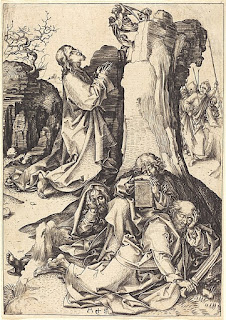Jesus: The Light of the World

In a world often shrouded in darkness, the need for a guiding light is undeniable. This longing for guidance, clarity, and hope has been a constant through ages, echoing in the hearts of many. In the midst of such yearning, Jesus Christ stands out as "The Light of the World," a title that encapsulates His role as the ultimate source of truth and illumination. When Jesus declared, "I am the light of the world. Whoever follows me will never walk in darkness, but will have the light of life" ( John 8:12 , NIV), He offered a promise of spiritual awakening and enlightenment that transcends time and space. Jesus as "The Light of the World" is a profound affirmation of His divine role as the source of all truth, guidance, and salvation. In a world where darkness can seem overwhelming, the light of Jesus provides a beacon of hope and a path to true fulfillment. Illuminating the Path The imagery of light is powerful and multifaceted, symbolizing purity, truth, and...













.jpg)

